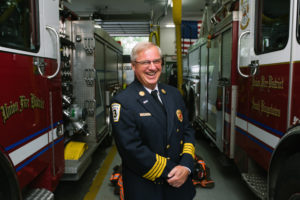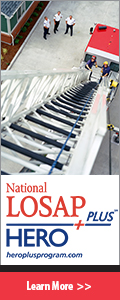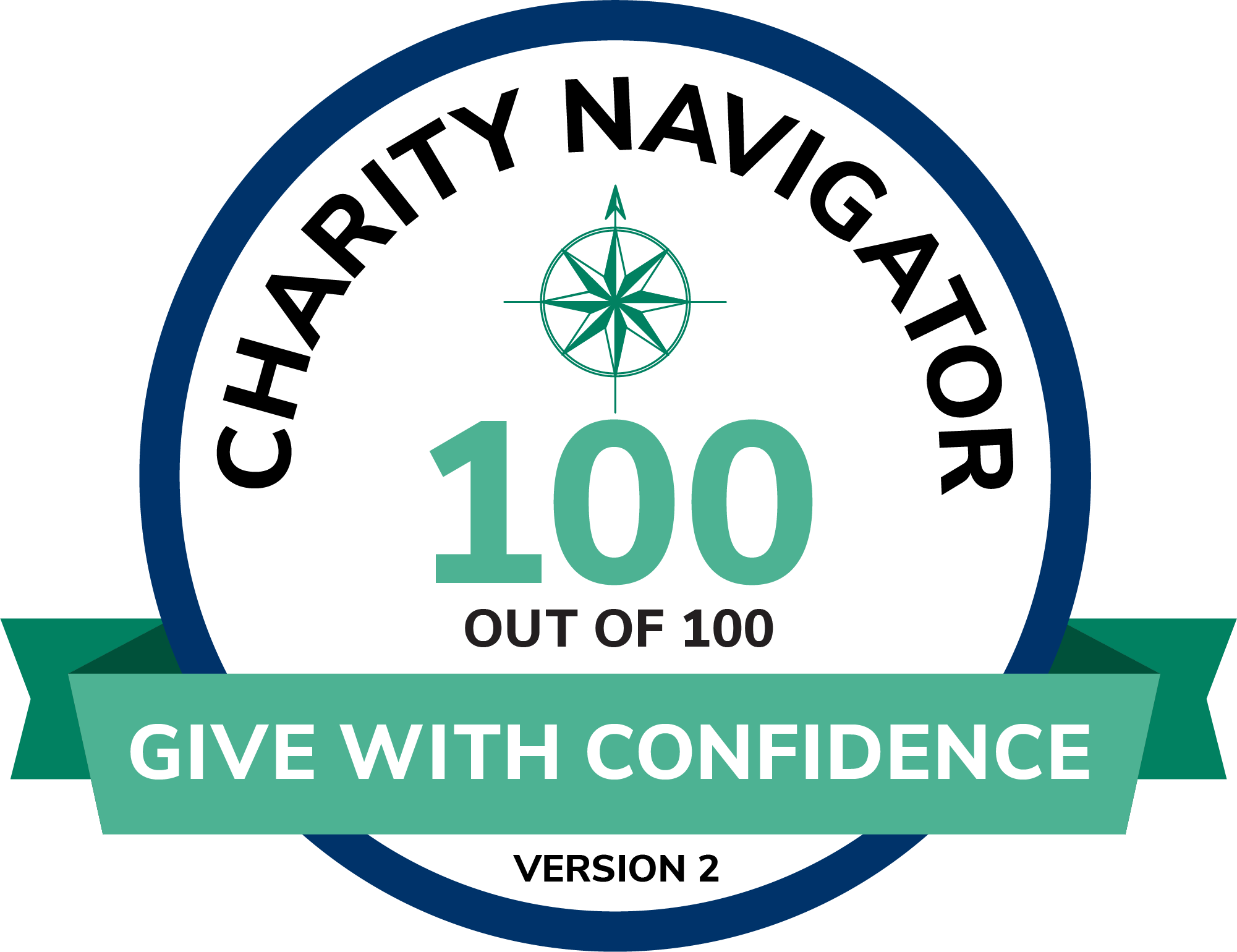Volunteer Spotlight: Kevin Quinn
 The NVFC is celebrating our 45th anniversary in 2021. In honor of this, we asked some of our longtime board members their thoughts about the NVFC and the volunteer fire service. This week we spotlight past NVFC chair and current first vice chair Kevin Quinn.
The NVFC is celebrating our 45th anniversary in 2021. In honor of this, we asked some of our longtime board members their thoughts about the NVFC and the volunteer fire service. This week we spotlight past NVFC chair and current first vice chair Kevin Quinn.
Name: Kevin D. Quinn
Location: Wakefield, RI
Department: Union Fire District of South Kingstown, RI
Tell us a little about yourself.
I am a husband, father, grandfather, and a proud American. I am just as proud to exclaim that I have served as a volunteer firefighter for over 44 years. I am a retired educator and currently serve as the first vice chair of the NVFC. I retired as a deputy chief for the Union Fire District and currently serve as a firefighter within the district, returning to my original Station # 3 Forestry.
When and why did you become a fire service volunteer?
In 1976, my neighbor, Phil Holley, asked me to join the volunteer fire department. My involvement and passion for the fire service began with this invite to learn about the volunteer fire department. Phil’s word-of-mouth invitation led to an outstanding career in the volunteer fire service. I actually had two careers – my teaching vocation and my dedication to serving our community as a volunteer firefighter. In hindsight, it is remarkable to have travelled this journey, for I was unaware that my town had a volunteer fire department. I had just built a home, and within a month of us moving in I was filling out that fire department application. I am blessed to have had that opportunity.
When did you join the NVFC?
I joined in 1978. I am extremely proud to have served America’s volunteer firefighters as the chairman of the National Volunteer Fire Council. Working to bring resources, initiatives, and training to our boots on the ground volunteer firefighters is quite rewarding. Assisting fire departments with best practices on training, firefighter safety, and advances in protecting their communities are proud moments. The resources, initiatives and training opportunities offered by the NVFC are outstanding. We have moved the Council forward with the mission being focused on the volunteer firefighters, rescue personnel, and EMS providers.
What originally motivated you to join the NVFC?
My story with the volunteer fire service is quite interesting and unique. When my neighbor asked me to join the volunteer fire department, I never could have envisioned the journey. A couple months into my service, I was voted in to serve as the departmental secretary. That was in 1976, when computers were not prevalent, yet I used a laptop computer to take the minutes.
A couple months after serving the department as secretary/treasurer, my captain invited me to attend a state association meeting. As a young, probationary member, I was honored to be asked to attend a meeting with my captain. When we returned back to town, I was now the secretary/treasurer of the Rhode Island State Firemen’s League. I believe I was elected because I had a laptop computer. Shortly after starting my service with the state association, I was elected to serve on the National Volunteer Fire Council as the alternate director for Rhode Island. All this because I had competency using a laptop computer.
I joined the NVFC as a member of the Board of Directors and am so fortunate to have found such a wonderful organization. I am so very proud of the accomplishments and resources we have available for the volunteer fire service.
What has been the most rewarding aspect of your involvement with the NVFC?
The fire service is special – the collegial bond of brother/sisterhood is a bond that crosses all boundaries. This forged collective bond has allowed me to learn, share, and explore ideas and training opportunities worldwide. I am blessed to have had the opportunity to learn from others and to help train firefighters from so many nations. The NVFC has allowed me to network and grow both personally and professionally. The committee work, representing the NVFC, and attendance to seminars, conferences, and fire organizations have all allowed me to meet so many of our nation’s fire service leaders. These relationships have led to remarkable opportunities and experiences. I thank all those leaders for their acceptance of the volunteer fire service and appreciate the working relationships.
In your view, how has the fire service changed since you joined?
The fire service has changed incredibly over my four plus decades of responding. Response to alarms has tripled; equipment and technology have improved; building materials have changed the safety and training requirements; weather has impacted response; command responsibilities have grown; all-hazard expectations have increased; community risk reduction is essential; standards, codes, and regulations have increased safety for all; volunteer incentives and motivation are critical needs; the volunteer model for protecting communities has shifted; community expectations have grown; volunteer firefighters are an aging population; training needs have changed; recruits’ learning styles have changed; and research has assisted the fire service with tactics, strategies, and response.
Overall, the fire service is a completely different place today than it was in 1976. I am extremely proud and blessed to be a part of those changes and continue to serve my community when the call comes in.
How has the focus on health and safety changed in the fire service over the past 45 years?
We have leaped into the future and continue to grow and learn. The days of responding to and surprising fire are no more. We have fewer fires, yet we have tripled our response. We are an all-hazards fire service, and we have mastered so much over the past 45 years. Life was quite simpler when you jumped on the backstop (tailboard) of an engine, flying down the road while getting your gear on. Back then, we arrived at the fire, mitigated the situation, returned to the station, prepared the apparatus for the next run, and then returned to bed, often leaving our turnout gear inside the bedroom, next to the bed.
Today, we have learned from research and data analysis that cancer is running rampart throughout the fire service. The behaviors that may have saved a bit of time have killed far too many of our brothers and sisters. We have learned to act smarter in the fire service. We have learned to trust those researchers and to rely on them to help us make better choices and policies. We have learned that fire dynamics allows us to attack fires with knowledge and safer tactics. We have learned through the development of standards to prepare for better health, safety, and protection of our fire crews. We have grown to be much more effective, efficient, and creative in our firefighting. We have changed for safety’s sake.
Interested in serving your community? Find volunteer fire service opportunities at www.makemeafirefighter.org.



